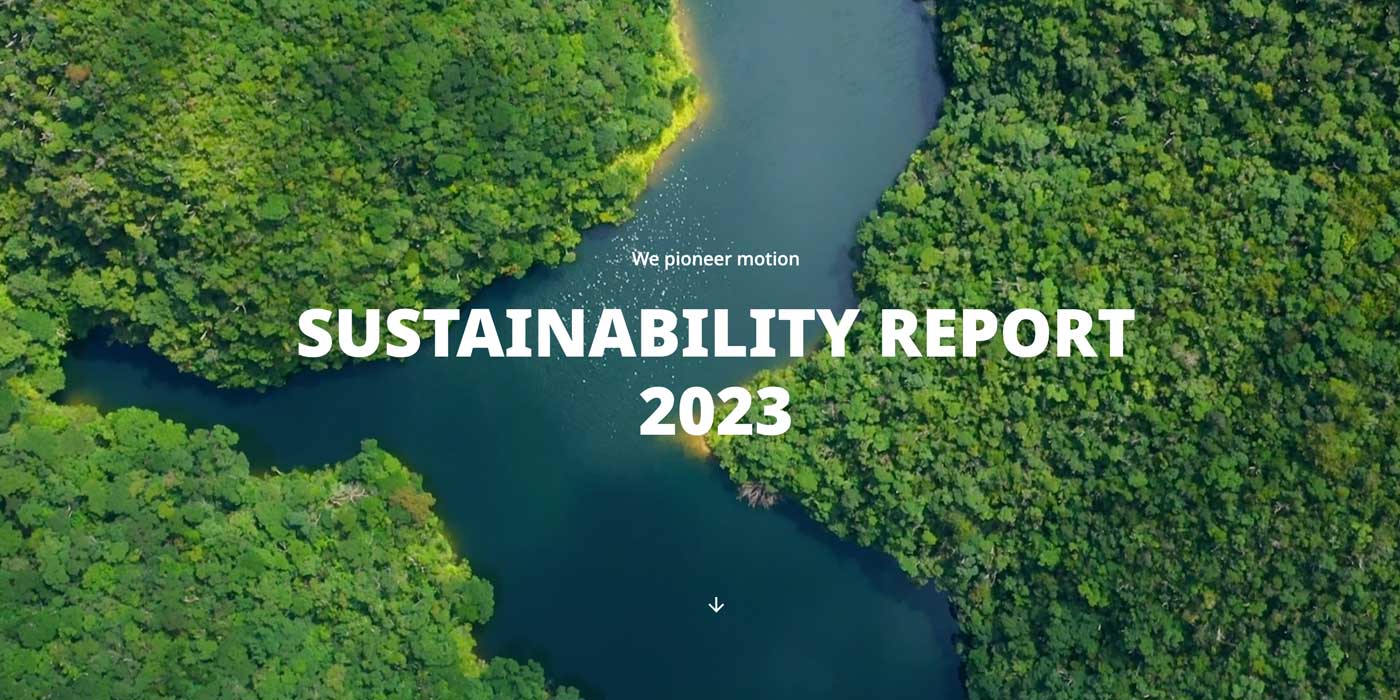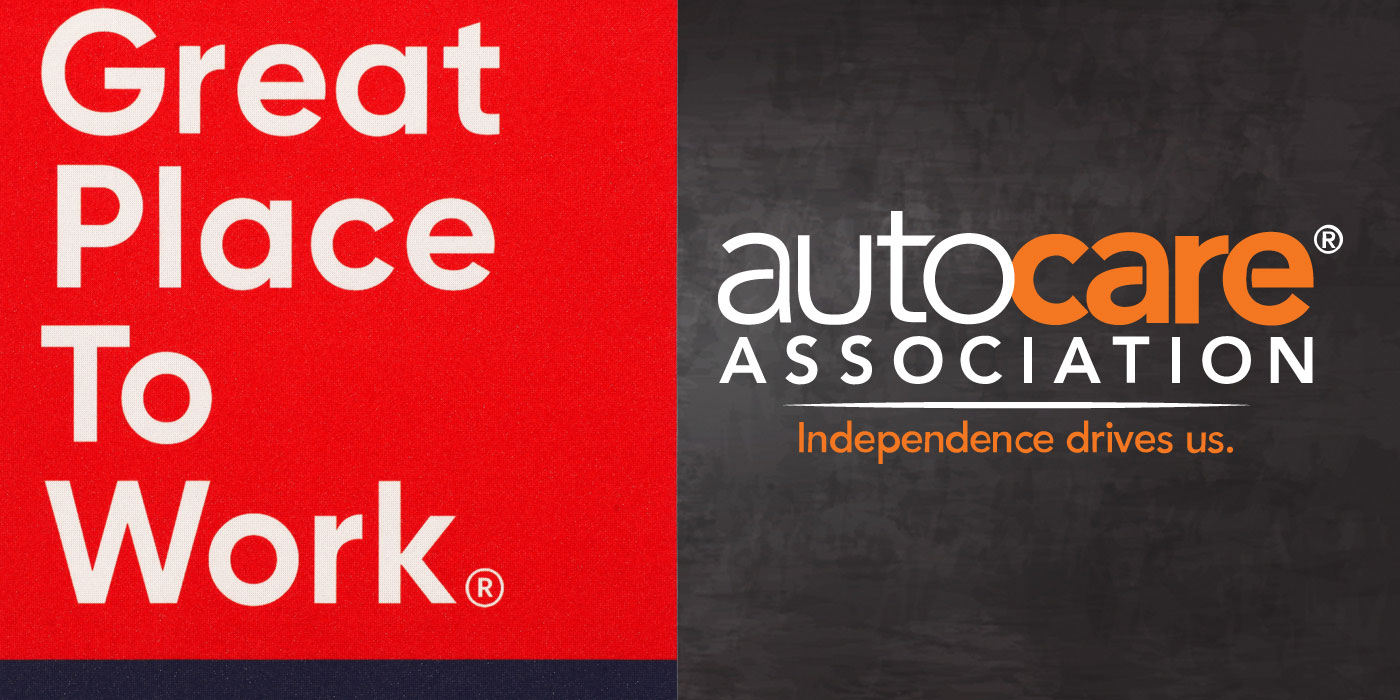While the aftermarket is involved in multiple legislative battles, there are three that are front and center on the industrys priority list: Motor Vehicle Owners Right To Repair, Asbestos Litigation Reform and Association Health Plan Legislation.
A new Congress is like a new baseball season – everyone in Washington has high hopes that their issues will be heard and that the session will achieve positive results. However, once the early days of a Congress begin to wane, the blood, sweat and tears of getting legislation through the often contentious and politically complex legislative process begins.
Its not easy to be successful, but as any good baseball manager knows: Everyone on the team has to work hard each day of a long season in order to achieve results in October.
While the aftermarket is involved in multiple legislative battles, there are three that are front and center on the industrys priority list: Motor Vehicle Owners Right To Repair, Asbestos Litigation Reform and Association Health Plan legislation. Since much of the success of these efforts will depend on the industry support for success, the following is a preview of the upcoming battle for those who want to become active members of the aftermarket legislative team for this season, known as the 108th Congress.
RIGHT TO REPAIR
First on the aftermarket priority list would have to be the Motor Vehicle Owners Right To Repair Act. This legislation seeks to ensure that the independent aftermarket has affordable and effective access to the service information and tools needed to work on todays highly sophisticated vehicles. Introduced last year by Rep. Joe Barton (R-TX) and Rep. Edolphus Towns (D-NY), HR 2735 garnered 43 cosponsors, which was not bad for a rookie piece of legislation. In the Senate, the right-to-repair effort was championed by the late Sen. Paul Wellstone (D-MN).
While the mounting support for HR 2735 during last years congressional session provides the aftermarket with some momentum going into this year, it will not be easy to achieve success. A major hurdle is the letter issued by the car companies in which the manufacturers committed to making all emissions and non-emissions information available to the aftermarket by August 31, 2003. The release of the letter itself can be considered a major victory for the industry efforts since, for well over 10 years, many of the car companies have been resisting efforts to make both information and tools available to independents. It was only after the passage of legislation in California (that required the car companies to maintain websites containing all emissions-related information and to make both their proprietary tools and diagnostic capabilities available to the aftermarket) that the situation began to change. You can see a full line up of these websites on page 32.
However, despite the letter and the apparent benefits that it has brought the industry, many in the industry are still concerned that there is nothing to hold the car companies to their promises once the threat of legislation has disappeared. It would be difficult to gear up a legislative effort in the next couple of years should the car companies abandon their commitment a few months or years from now. In fact, should they so choose, there would be nothing the industry could do to legally force them to honor their promises.
The question now arises as to whether the aftermarket can effectively deliver its message to legislators that the right-to-repair legislation is still necessary to ensure competition despite claims by the car companys pleas that the problem has been solved. Continued vocal support for right to repair by aftermarket companies following the Legislative Summit (which was held in February) will be crucial. Unless Congress hears from the industry, they will think the problem of information and tools is solved and will move on to other issues.
ASBESTOS ACTION
The second item on the aftermarkets agenda is the resolution of the asbestos litigation issue.
The large number of individuals seeking to make claims regarding harm from exposure to asbestos are clogging the courts, costing the U.S. economy 60,000 jobs and workers as much as $3 billion in lost wages and in pension savings that are often held in company stock. The problem is not those individuals who are actually suffering; the problem rests with the people who have been exposed, but have not suffered adverse effects. These groups often sue simply to protect their right to obtain compensation before the statute of limitations expires.
The rush to the courts not only has bankrupted over 60 manufacturers, including some well-know aftermarket suppliers, but it is raising the real possibility that there will be no money left to compensate the actual victims of asbestos exposure. Making the situation more problematic is the fact that the depletion of real sources of funds from manufacturers has caused many trial lawyers to seek other sources, including those in the distribution chain such as retailers and wholesalers. These companies, which had little or nothing to do with the manufacture or use of the products containing asbestos, are suddenly finding themselves in the uncomfortable and costly position of defending themselves from asbestos lawsuits.
In an attempt to bring some reasonability to the current chaos, many industry groups are supporting legislation (S 413) introduced by Sen. Don Nickles (R-OK), establishing medical criteria that would need to be met prior to filing an asbestos claim. The bill would further stop the clock from running on the statute of limitations until a physical impairment is discovered. Finally, S 413 would prohibit venue shopping, since some jurisdictions provide more favorable locations for such lawsuits. It is hoped that this legislation will reduce the current rush to judgment while ensuring that those suffering of adverse health effects from asbestos exposure will be able to obtain compensation. While the American Bar Association and many plaintiff attorneys are in support of this legislation, there is still considerable opposition from trial lawyer groups. Some industry groups are supporting legislation that would create a trust fund for individuals harmed by asbestos, thus hopefully taking the issue out of the courts and providing some predictability for insurance companies and industry. However, in order for such an approach to have a chance of passage, there would need to be an agreement by the different stakeholders (i.e. manufacturers, insurance companies, unions and trial lawyers) as to how much money needs to be collected in the fund for it to be effective and how victims would qualify for receiving compensation from the fund.
The absence of an agreement even among industries as to how to resolve the asbestos issue could threaten the chances for passage of any legislation. Many in Congress are calling on stakeholders to push toward developing a consensus on the asbestos issue or risk seeing nothing this year. In fact, meetings have been underway in Washington in order to develop one unified approach that would resolve the crisis, but ensure that those affected by asbestos can receive just compensation. The next few months could be very telling.
HEALTH CARE COSTS
Finally, the cost of providing health insurance to employees remains one of the biggest issues facing American businesses today. Small aftermarket companies are particularly hard hit because the small number of individuals in the insurance pool makes it difficult for employers to obtain competitive premiums. Furthermore, increasing the burden on these small employers is the fact that since they normally have a presence in only one state, their policies are regulated under burdensome state insurance laws. Only corporations that have locations in multiple states and labor unions can offer health insurance policies under the often less onerous federal law, known as the Employee Retirement Income Security Act of 1974 (ERISA).
Association health plan (AHP) legislation seeks to mitigate many of the health insurance problems faced by small businesses by permitting trade associations to offer health insurance to its members across state lines regulated under ERISA. Permitting small businesses to increase the pool of the insured and to offer policies under less stringent regulation, AHP supporters contend that the legislation should help reduce premiums for small businesses and ensure that more employees can obtain health insurance through their employer.
Senators Olympia Snowe (R-ME), Kit Bond (R-MO), Jim Talent (R-MO), John McCain (R-AZ) and Elizabeth Dole (R-NC) introduced AHP legislation (HR 660) this year in the Senate (S 545); and Ernie Fletcher (R-KY), Cal Dooley (D-CA), Nydia Velazquez (D-NY) and Sam Johnson (R-TX) introduced it in the House by Representatives. It is also strongly supported by President Bush and Labor Secretary Elaine Chao.
While AHP appears to possess great credentials for any bill starting out in the world, the legislation also has some potentially troublesome enemies. Both health insurance companies and state regulators have come out strongly against AHP legislation.







